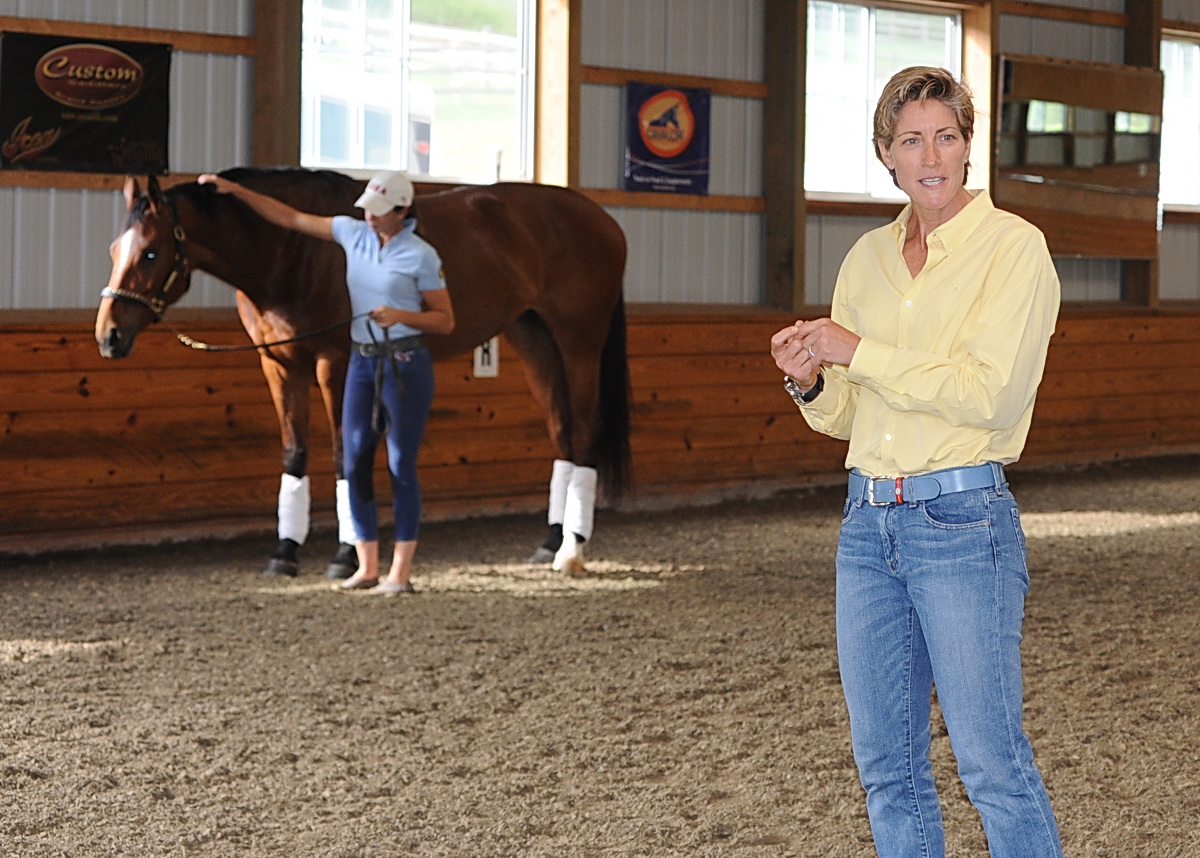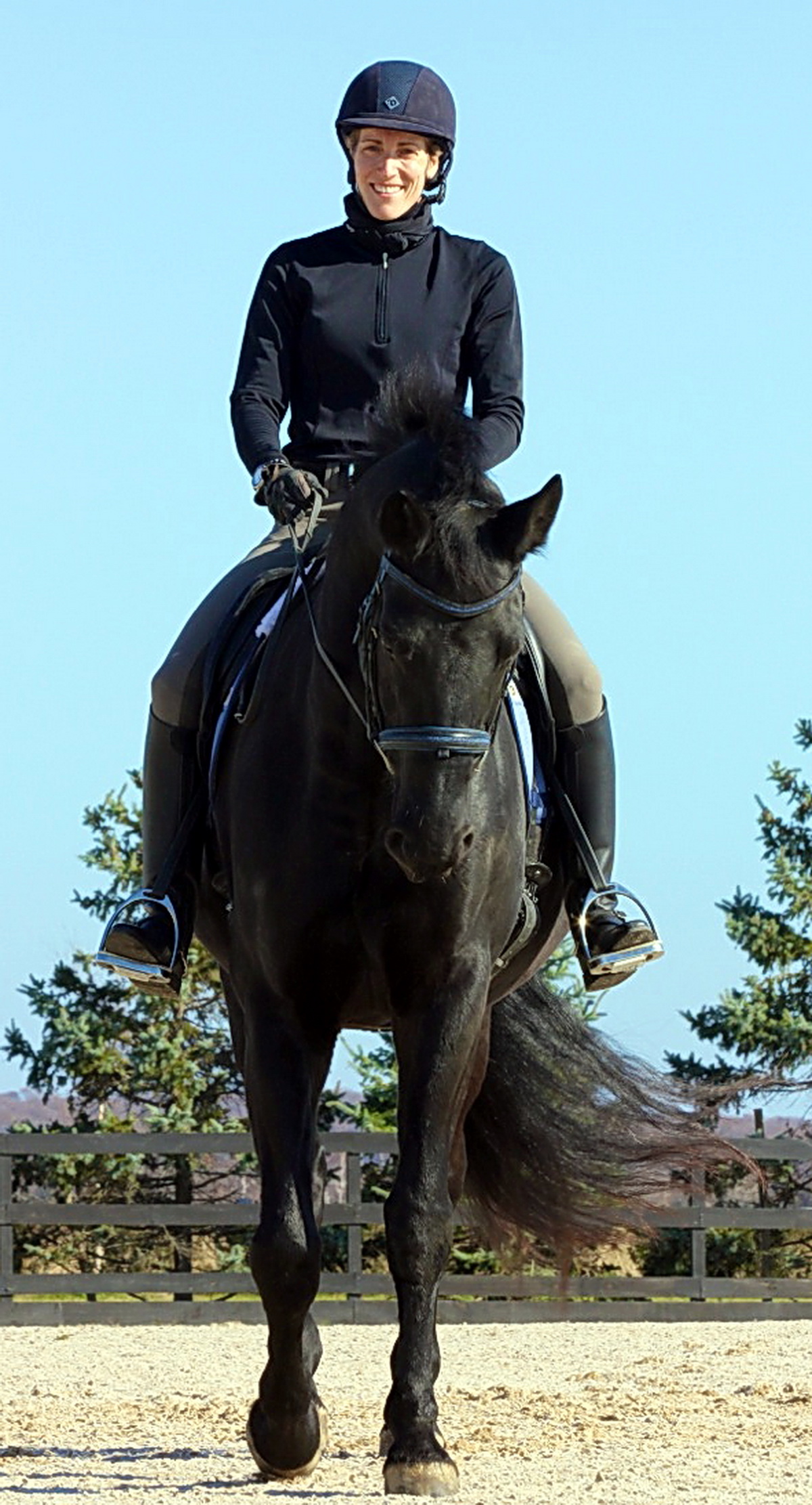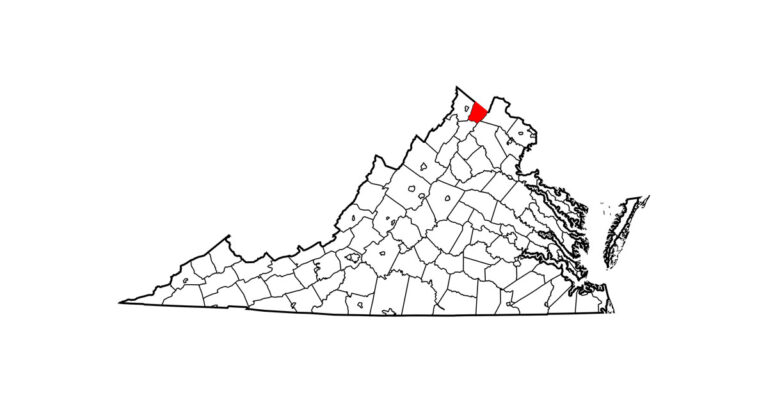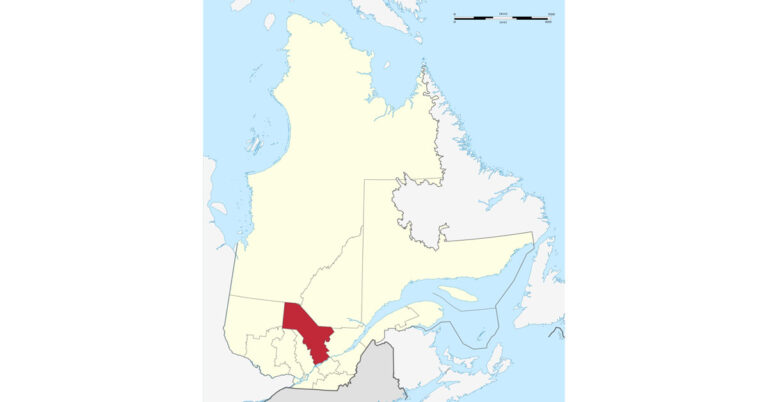
As you zipped along the highway going home from the barn today, you had some time to reflect on your riding. It was exciting and a little bit intimidating to realize that you feel ready to get some personal, professional help on your mental game. You are motivated because you want to go after the big goals you and your trainer discussed last week and you also want to avoid those irritating feelings of frustration that crept into your riding last year. Though you feel emotionally ready, it seems like a big step, and you would feel more confident in the idea if you knew how to find the best person to help you. As you get home and put your car in park, you ask yourself, “What should I do next?”
Jenny Susser: Finding the Right Person is Key
Sport psychologist Jenny Susser worked with the 2012 U.S. Olympic Dressage team and has a regular column in Dressage Today magazine where she helps riders of all levels stay balanced, confident and mentally strong as athletes. We recently had a conversation about some of the most important ways to know if you are ready to hire a mental-skills professional. (Note: For our purposes I will be using “mental-skills professional” or “coach” throughout this article even though there are many other appropriate titles in the field based on someone’s training). We also discussed how to search for a coach and some of the most important factors in selecting one.
“I don’t think people know when it’s time to get help. I think there is still a little stigma about the word ‘psychology’ being attached to sport psychology and I think that in and of itself can trip people up. One of the things to look out for [to know when it’s time to hire a sport-psychology professional] would be frustration—feeling like you are advancing physically and skills-wise, but always bumping against the same upper limit even when you know intellectually that you have the skill set to accomplish it. Not knowing how to help yourself might be one of the [other] biggest indicators that you may need help in the mental, emotional and psychological realm.
“Interview the person [you are considering hiring]. Looking for a good fit is really important. The first conversation I have with someone I am considering taking on as a client is, ‘Are we a good fit? Can I help you and do we think that there is somewhere that we can go together?’ If you make a phone call and you don’t click with someone at least in some way—intellectually, emotionally, with humor, with stories—if you don’t have some common ground where you can connect, that’s probably not the right person for you. You want to look for the best fit because you want to get the best help.”

When, How and Who
When to look for a mental-skills coach: As with most things, it is useful to start at the beginning: “How do I know if I should hire a mental-skills coach?” First of all, there are no absolutes. The most important thing is to listen to your own gut instinct. There are, however, some common indicators that can show you when you might benefit from bringing one onto your team. For starters, pay attention to whether you ask yourself a lot of questions that you truly can’t answer. “Why do I _____ so often?” “Why can’t I stop _______?” “My trainer has explained that so many times. When will I learn to ________?” These musings could be a sign that you need help getting off of a riding- skills plateau. In a related way, if your trainer asks you questions that you frequently can’t answer, it might be that your self-awareness or focus could use a tune-up.
Another indication that you could benefit from working with a professional is that you have read a bunch of sport- psychology books and put some useful ideas to work, but you are still feeling stuck. As Jenny mentioned, feeling especially frustrated by a lack of progress in training or competition is a good indication that you could use some personalized performance coaching. You know intellectually that you can do a skill, but it regularly eludes you at crucial moments on your horse.
How to find a coach: Finding someone to help you add performance-enhancement skills to your riding toolbox can be tackled in many different ways. Asking your barn friends, trainers and horse-show friends for a referral is a terrific way to get firsthand knowledge about mental-skills professionals you could consider. In this day and age, many coaches work remotely, which opens up your options considerably if you are willing to meet with someone via Skype, FaceTime or phone appointments. This also means that friends you have around the country or professionals you have heard of who aren’t in your area can be in play during your search.
Be sure to check out publications, websites and magazines, as they have increasingly more articles written by sport-psychology professionals, and this can give you an idea of their voice and perspective while leading you to select someone who fits well with your outlook. Internet searches and professionals’ websites are, of course, basic ways to learn about someone you are considering, as are their social-media accounts, which will give you a glimpse of their professional philosophy in action.
Who will be best for you? Here are some key factors to keep in mind when selecting a mental-skills professional.
- Rapport: First and foremost, recognize that a personal connection is key. As Jenny said, you want to feel that you click with someone so that the two of you can do the best-quality work possible. You may feel this connection immediately or it may take a session or two to figure it out. Let your intuition have a voice in this process, and it is absolutely fine if you have to try a few different people to find someone that works.
- Scope of practice: Ask a potential coach about his or her training, experience and background to assess if he or she is the right person to help you with your goals. Licensed psychologists and therapists who have specific sport-psychology training are equipped to handle both performance and clinical issues (such as depression, anxiety disorders, etc.). There are also mental-skills coaches with sport-psychology training who will not work on counseling issues. Additionally, there are those with no formal training in sport psychology who may be more self-taught. These distinctions may or may not be important to you based on what you know about yourself and what you want to work on, but gathering as much information as possible before you hire someone is a good idea.
Note: In casual conversation and in the press nowadays you will hear any type of performance coach regularly referred to as a “sport psychologist” even when he or she may not be a licensed psychologist and may lack any formal training in sport psychology. Be mindful of this and be sure to assess a potential helper’s background so you are clear on what he or she is able to provide.
- Availability: It is important to be honest with yourself and how you want to feel supported. For example, is asking your coach for help via text while at a weekend horse show something you would like to be able to do? Ask about what is possible.
- Connectivity: How does the professional meet with clients? In person? Over the phone? Via text messaging? What is important here is for you to feel that your needs are being met and to feel confident in the methodology. Trying something new like FaceTime with a coach who is 3,000 miles away is fine as long as you reflect on how it feels and if it is working for you.
- Equestrian background: Opinions vary widely on how important it is for a mental-skills coach to have experience with the sport he or she is working in, and it may or may not be significant to you. If it is, make sure you ask specifically about it and how it impacts the individual’s approach. What is the person’s riding background? What type of equestrian clients does he or she work with and to what level?
Kudos to you for all of the different ways you support yourself as an equestrian athlete. Hiring a mental-skills coach can be a positive, proactive part of the process. When I went to hire a coach a couple of years ago to work on some things that had come up in my own riding, I wanted someone I did not know instead of a colleague and I went through a lot of these same steps. I found someone who was willing to be flexible to my unique needs and I felt our work was extremely useful. Yes, even we coaches need coaching from time to time—it is so helpful to have an objective voice for support, ideas and clarity.
Questions to Ask
Here are some great starter questions to ask a potential mental-skills coach that may be helpful to you in assessing a good fit. Not only will the information you gather be useful, but the process of having a conversation on the phone or in person is also a valuable way to gain a deeper understanding of the coach’s personality and communication style during your initial contact.
1. I’d like help working on ______. How do you address this type of issue?
2. How do we determine how many sessions to do? Do you have packages?
3. What is your education/background/training in sport psychology?
4. What is your cancellation policy?
5. What methods can I use to reach out to you for support once we start working together?
6. What is your personal riding or sport background?
This article was originally published in the March 2018 issue of Practical Horseman.










